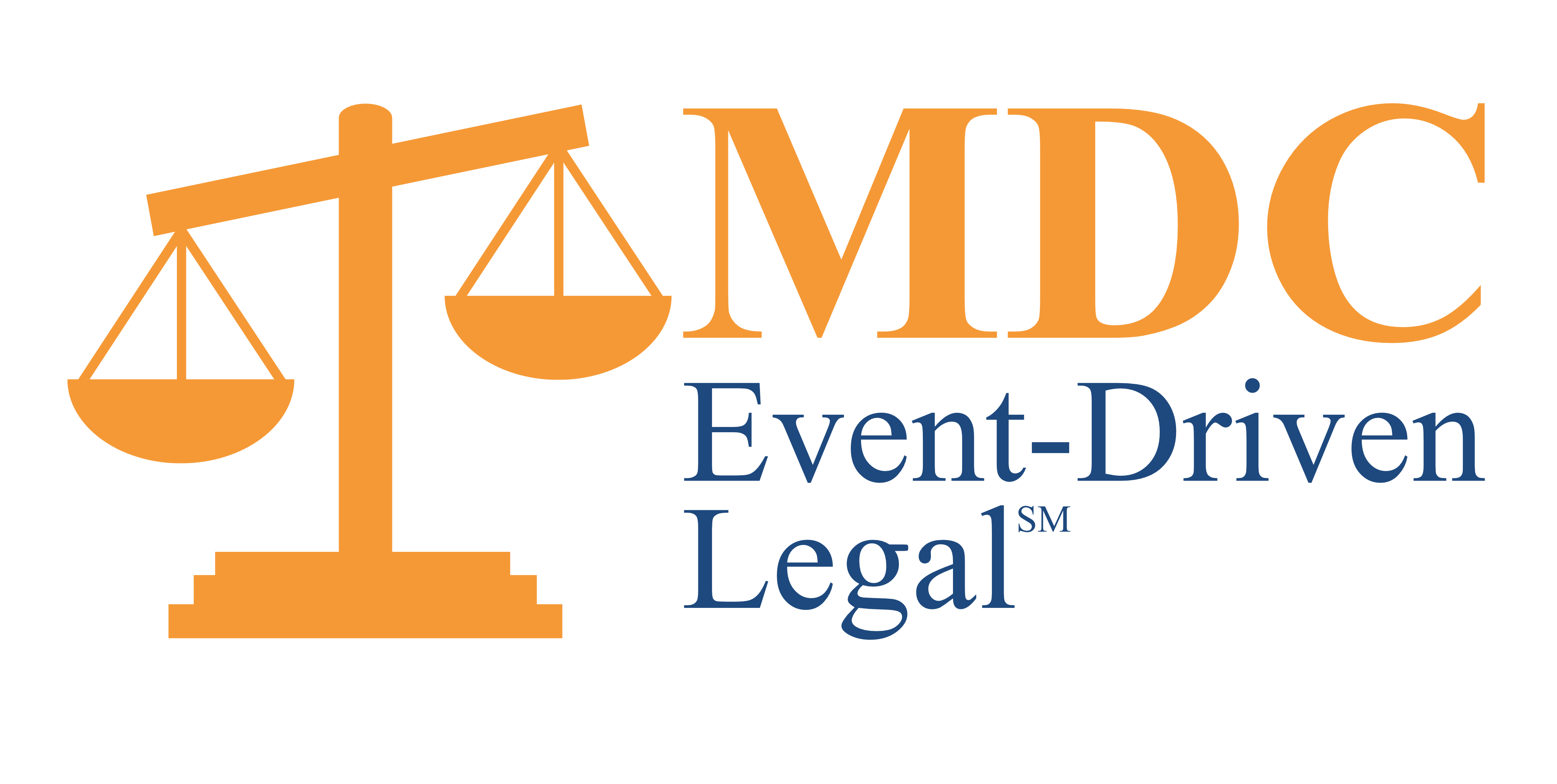JetBlue Airways Corporation (JBLU) & Spirit Airlines, Inc. (SAVE) - Overview of the Justice Department's Suit Seeking to Block JetBlue's Acquisition of Spirit Airlines.
***Please note that the post below is an excerpt from a larger distribution delivered to clients on September 12, 2023***
On March 7, 2023, the U.S. Department of Justice filed a Case in the District of Massachusetts seeking to enjoin JetBlue Airways Corporation's (JBLU) proposed acquisition of Spirit Airlines Inc. (SAVE) for $3.8 billion. This is the Case of: "United States of America et al v. JetBlue Airways Corporation et al" (Case #23-10511 District of Massachusetts).
The Bench Trial in this Case is scheduled to commence on October 16, 2023, and it currently appears that this Trial will last approximately 19 days. The Acquisition Agreement was announced on July 22, 2022, following multiple months of acquisition attempts that first began with an unsolicited acquisition offer on April 5, 2022. Note that this unsolicited offer was put forward after Frontier Airlines and Spirit Airlines announced a planned Merger in February 2022. Between the initial offer on April 5, 2022, and July 22, 2022, JetBlue increased the price of its offer and urged Spirit shareholders to reject the proposed Frontier Merger. The Frontier-Spirit Merger eventually failed, and following the announcement of the acquisition on July 22, 2022, the Department of Justice (and joined by the States of Massachusetts, New York, and the District of Columbia) filed this Case seeking to block the proposed acquisition.
Consistent with the Department of Justice's Press Release, the Government argues in its Complaint that the acquisition of Spirit by JetBlue would eliminate the "Spirit Effect" in which Spirit's presence as an ultra-low-cost carrier forces other carriers to lower their prices. The Government writes in its Complaint:
"Spirit estimates that when it starts flying a route, average fares fall by 17%; JetBlue estimates that when Spirit stops flying a route, average fares go up by 30%. Spirit’s success—and other airlines’ response to it—has led to the “Spirit Effect.”
In support of this Argument, the Government states:
"... in 2020, when Spirit stopped flying between Boston and Fort Myers, JetBlue increased its fares. As one JetBlue manager explained, “I don’t think we should be selling the [Spirit] fare if [Spirit] is not serving the market.” JetBlue’s Director of Revenue Management at the time agreed. And in 2022, JetBlue concluded that when Spirit exits a route, fares increase by 30% on average."
The Government also writes that a Decision by JetBlue to "... retrofit existing Spirit aircraft to match JetBlue configurations, thereby eliminating 10 to 15% of the capacity—approximately 20 to 28 seats— from each plane" would ultimately result in a violation of Section 7 of the Clayton Act.
In response to these arguments, JetBlue highlights the potential competitive benefits of allowing the acquisition to proceed. JetBlue responds in its Answer to the Complaint that JetBlue is currently concentrated on the East Coast with an about 5% share in airline seats. They argue that allowing this deal to proceed would provide JetBlue with a 9% share and allow them to actually compete with the "Big Four" (American, Delta, Southwest, and United). JetBlue argues that the company is disruptive, and its entrance into a new Market causes other airlines to lower their own fares in response (the "JetBlue Effect"). This effect was discussed at length in a related Case challenging JetBlue's "Defacto Merger" with American Airlines known as the "Northeast Alliance." In the Northeast Alliance Case (Case #21-11558), American Airlines stated the following during Opening Statements regarding the "JetBlue Effect:" "The JetBlue effect is not a subtle thing. The studies of this talk about it as a 15 to 20 percent effect on fares based upon entry and exit." Note that this "JetBlue Effect" seemed to be one of the most important aspects of the Northeast Alliance Case, and it appears that JetBlue will probably argue that a 15 - 20% fare adjustment from the "JetBlue effect" is similar to a 17-30% adjustment from the "Spirit effect," and that a Merging of the two companies will enhance & expand the "JetBlue Effect" to more routes.
As mentioned above, Case #21-11558 challenged an Agreement entered into by American Airlines and JetBlue in which they (according to the Complaint in Case #21-11558): "... have quietly agreed to share their revenues and coordinate which routes to fly, when to fly them, who will fly them, and what size planes to use on flights to and from four major airports: Boston Logan International Airport (“Boston Logan”), John F. Kennedy International Airport (“JFK”), LaGuardia Airport (“LaGuardia”), and Newark Liberty International Airport (“Newark Liberty”)." Following an 18-day Trial in that Case, Judge Leo T. Sorokin issued his Findings of Facts and Conclusions of Law on May 19, 2023, in which he permanently Enjoined the Agreement. Note that the Court's Decision, and JetBlue's ultimate Decision not to pursue an Appeal of this Order came AFTER the Department of Justice's Complaint challenging the JetBlue/Spirit acquisition. As such, the Government, wrote extensively in its complaint regarding the implications of a JetBlue acquisition AND a Northeast Alliance with American Airlines.
Below are a few quotes from the Department of Justice's original Complaint:
"JetBlue agreed to align its domestic operations with American Airlines’ on almost all routes to and from four major airports in Boston and New York City (Boston Logan International Airport, LaGuardia Airport, John F. Kennedy International Airport, and Newark Liberty International Airport). Approximately 75 percent of JetBlue’s total capacity is tied up in the Northeast Alliance. That means JetBlue today coordinates its capacity decisions and shares its revenues with American Airlines on the vast majority of its flights. In other words, JetBlue no longer competes with American Airlines on those flights—and if this acquisition happens, Spirit won’t either."
"In response to JetBlue’s offer, Spirit’s Board of Directors retained “top-tier aviation and economic consultants,” who engaged for four weeks with “JetBlue and its advisors” to develop an “informed view” of the proposed transaction. Based on that assessment, Spirit’s Board of Directors recognized the antitrust and regulatory risks of mergers in an already consolidated airline industry, and recommended that Spirit shareholders vote to adopt the merger agreement with Frontier instead, concluding that “consummation of the proposed JetBlue combination, with the [Northeast Alliance] remaining in place, seemed almost inconceivable.” “Even putting aside the Northeast Alliance,” Spirit warned that JetBlue’s stated plans to reconfigure Spirit’s planes would “significantly diminish[] capacity” and “result in higher prices for consumers.” Accordingly, “a court . . . will be very concerned that a JetBlue-Spirit combination will result in a higher-cost/higher fare airline that would eliminate a lowercost/lower fare airline and remove about half of the [ultra-low-cost] capacity in the United States.”
"The acquisition also would reduce competition on routes outside the scope of the Northeast Alliance where Spirit and American Airlines both offer nonstop service today. Because so much of its business is tied up in the Northeast Alliance, JetBlue is less likely than Spirit to compete aggressively with American Airlines going forward. The acquisition would give JetBlue even greater incentives to “pull its punches” on those routes in the future, particularly routes to the Caribbean and Latin America, which both JetBlue and American Airlines currently serve using their major operations in Fort Lauderdale and Miami. Spirit uses its own operations in Fort Lauderdale to offer travelers a third option that avoids the alliances and allegiances of JetBlue and American Airlines. That option would disappear if this acquisition is completed."
Leave a Reply
We are not lawyers, and we do not practice law or render legal advice. MDC Financial Research is a State-Registered Investment Advisor with Financial Analysts that approach legal situations from an investor angle for investment purposes. MDC Financial Research, LLC is currently registered as an Investment Advisor in the States of California, Illinois, and New York. Additional information and disclosures are contained in MDC Financial Research’s Form ADV and Form ADV Part 2 (Brochure).

